'Why did you cut off fuel?': Air India crash report reveals last conversation between pilots
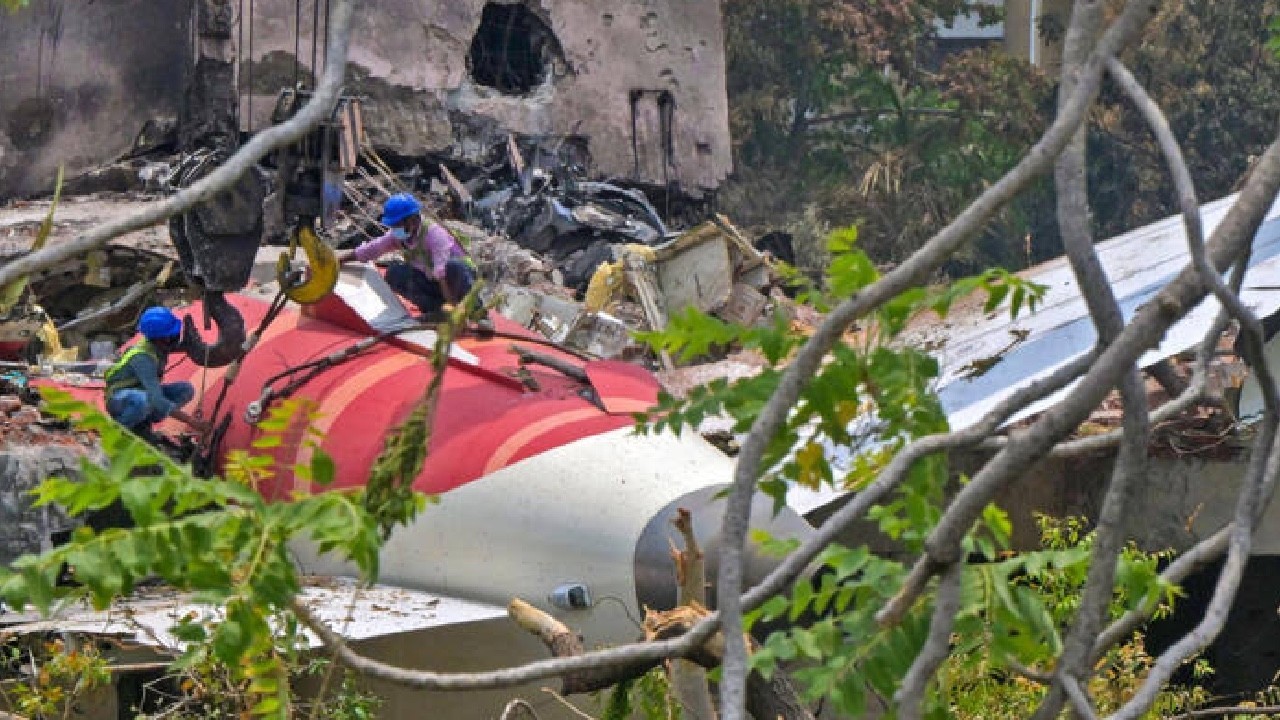
Web Desk
|
12 Jul 2025
A preliminary investigation into last month’s fatal crash of an Air India Boeing 787 Dreamliner suggests that cockpit confusion and a critical malfunction involving the aircraft’s fuel switches may have led to the tragedy that claimed the lives of 260 people on board.
The flight, bound for London from Ahmedabad, went down shortly after takeoff on June 12.
The report, released on Saturday by India’s Aircraft Accident Investigation Bureau (AAIB), revealed that both engine fuel cutoff switches flipped from “run” to “cutoff” just after the plane took off, cutting fuel to the engines and causing a loss of thrust.
Investigators found that the switches flipped almost simultaneously, but did not clarify how or why they were triggered during flight.
Shortly after takeoff, closed-circuit footage showed the deployment of a ram air turbine, a backup power source, indicating engine failure.
In the final moments, cockpit voice recordings captured one pilot asking the other why the fuel had been cut off. “The other pilot responded that he did not do so,” the report stated. It did not specify which pilot made which remarks, nor who issued the Mayday call before the crash.
The aircraft was commanded by 56-year-old Captain Sumeet Sabharwal, a senior instructor with over 15,600 flying hours. His co-pilot, First Officer Clive Kunder, 32, had logged 3,403 flight hours.
Aviation experts say the fuel cutoff switches are not easily moved unintentionally.
“If they were moved because of a pilot, why?” questioned US aviation safety expert Anthony Brickhouse. Another expert, John Nance, noted that the switches were flipped one second apart consistent with manual operation but emphasized that switching them off mid-climb is highly irregular and typically reserved for emergencies, such as engine fires, which the report says did not occur.
Curiously, the switches were found in the “run” position at the crash site, and investigators believe the engines may have attempted to relight before the aircraft struck the ground at low altitude.
The incident presents a serious challenge to Air India’s parent company, Tata Group, which has been working to modernize the airline since taking control from the government in 2022.
Air India acknowledged the report in a brief statement, confirming its cooperation with authorities but refraining from further comment.
The US National Transportation Safety Board (NTSB) thanked Indian investigators for their collaboration, noting that the preliminary findings did not include any recommendations for Boeing 787 operators or for the GE-manufactured engines.
The Federal Aviation Administration (FAA) said it remained committed to following the evidence and addressing any risks that might emerge.
Boeing said it was continuing to support the investigation and assist its customer, Air India. GE Aerospace did not immediately respond to requests for comment.
In Mumbai, a memorial was held for the crew on Saturday. When approached for comment, First Officer Kunder’s father declined, saying only, “I am not from the airline.”


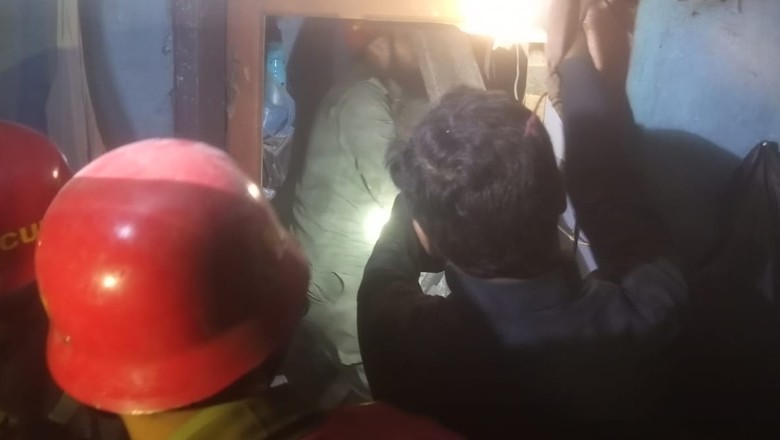

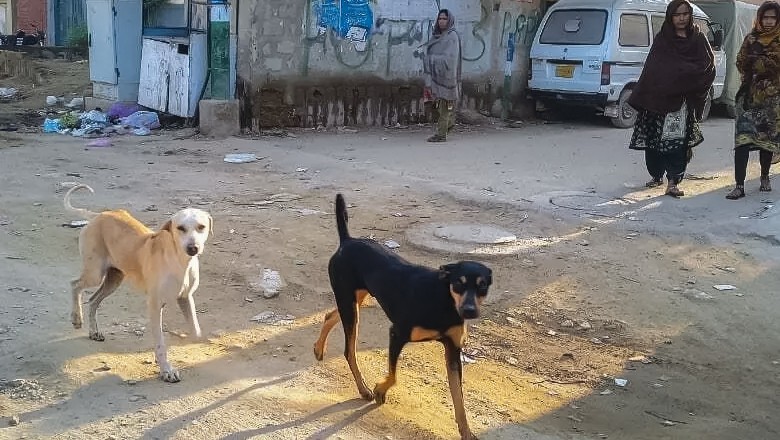




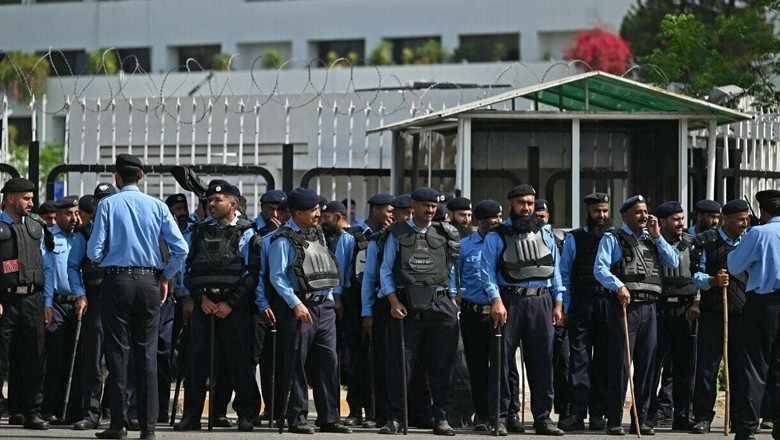

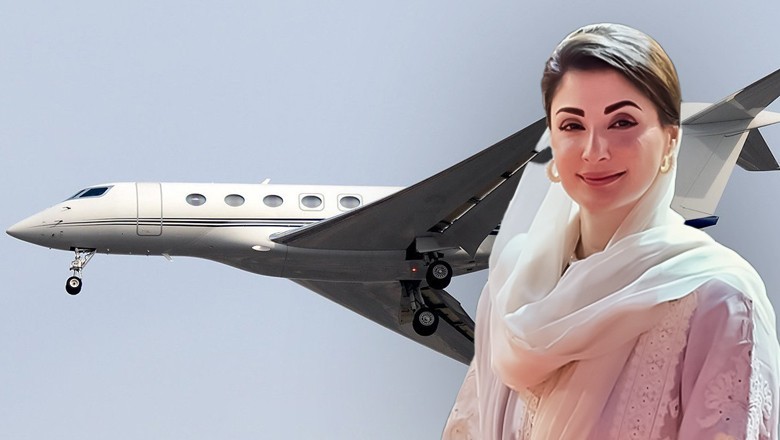
Comments
0 comment